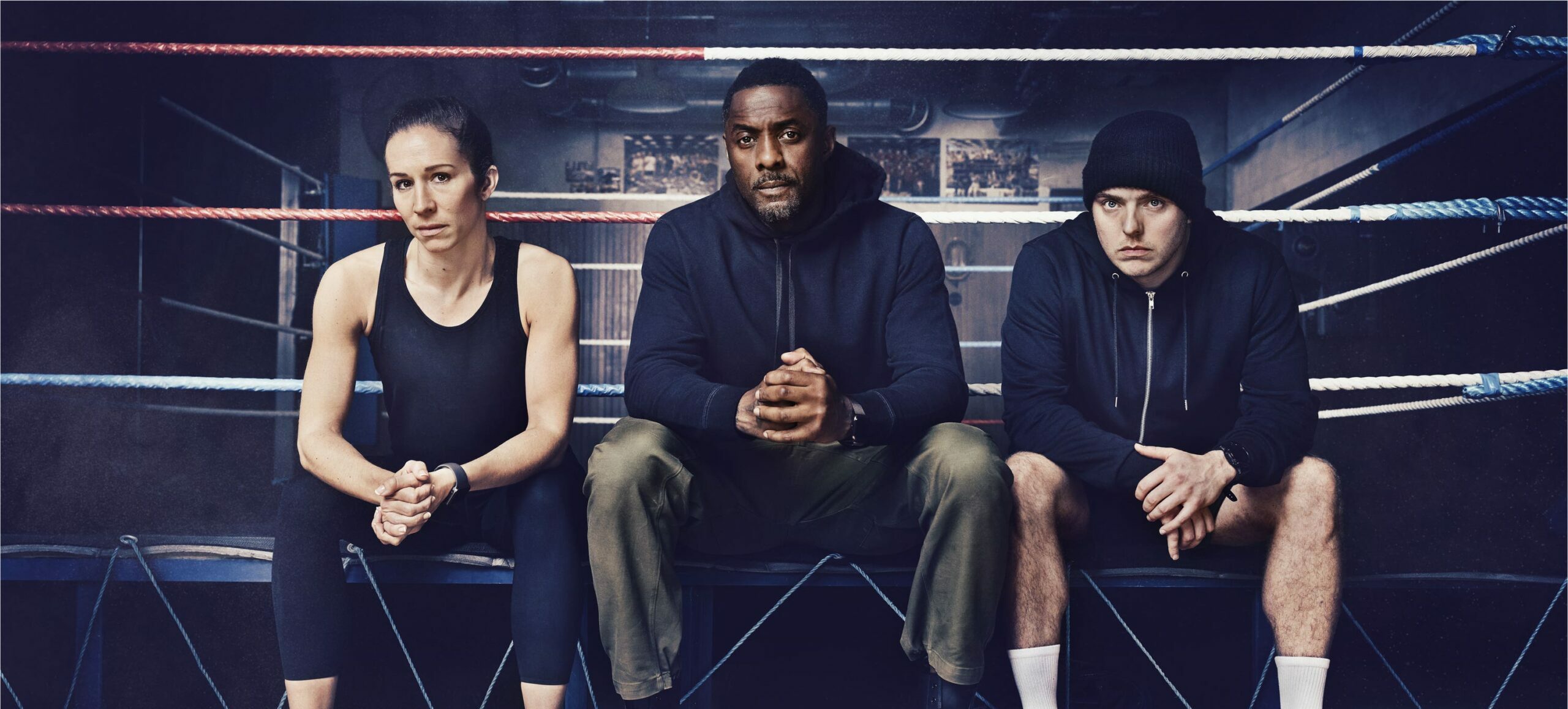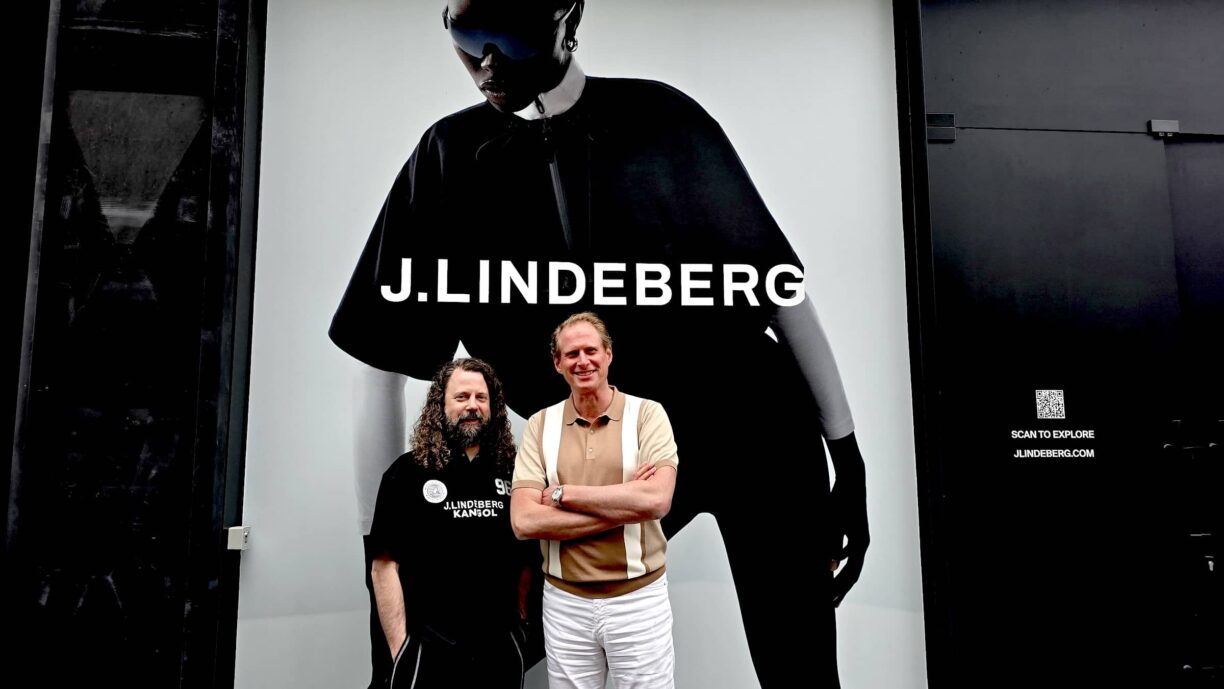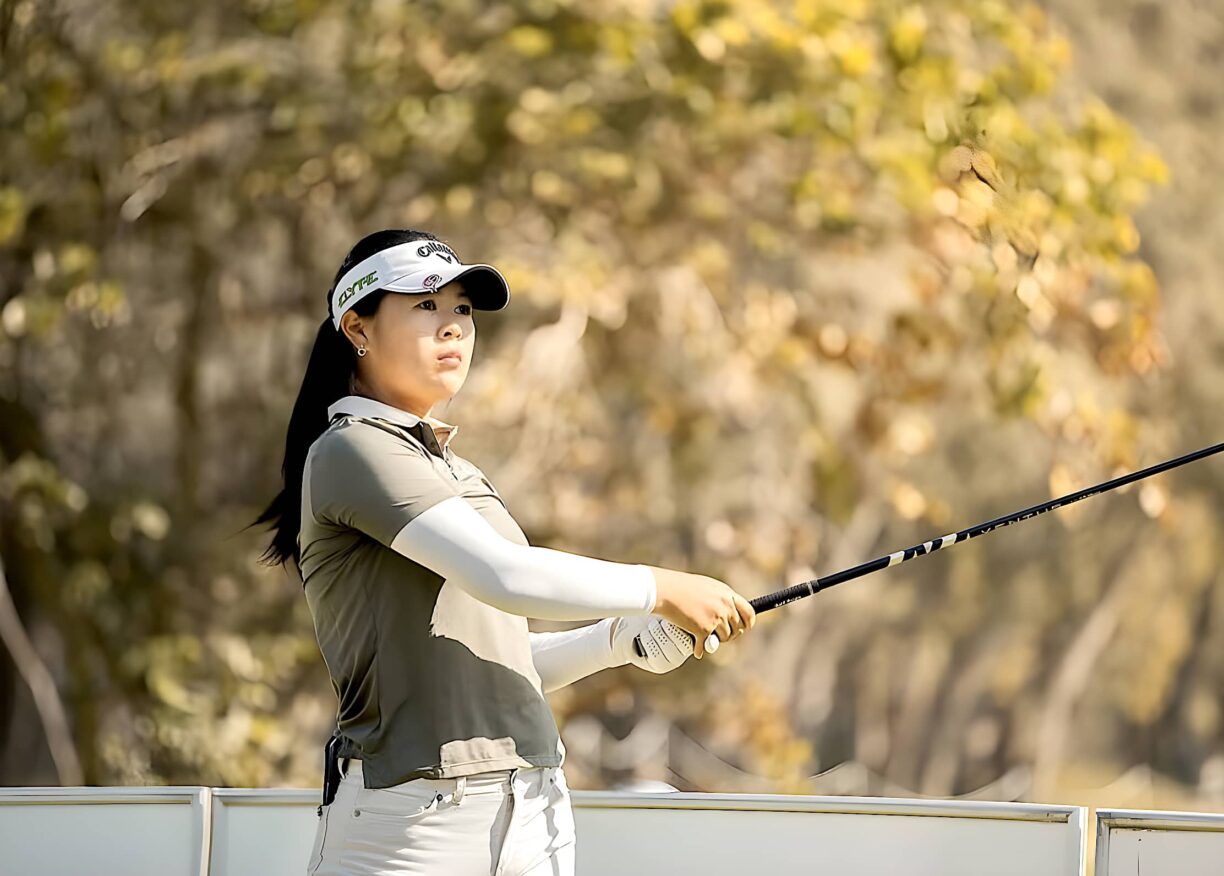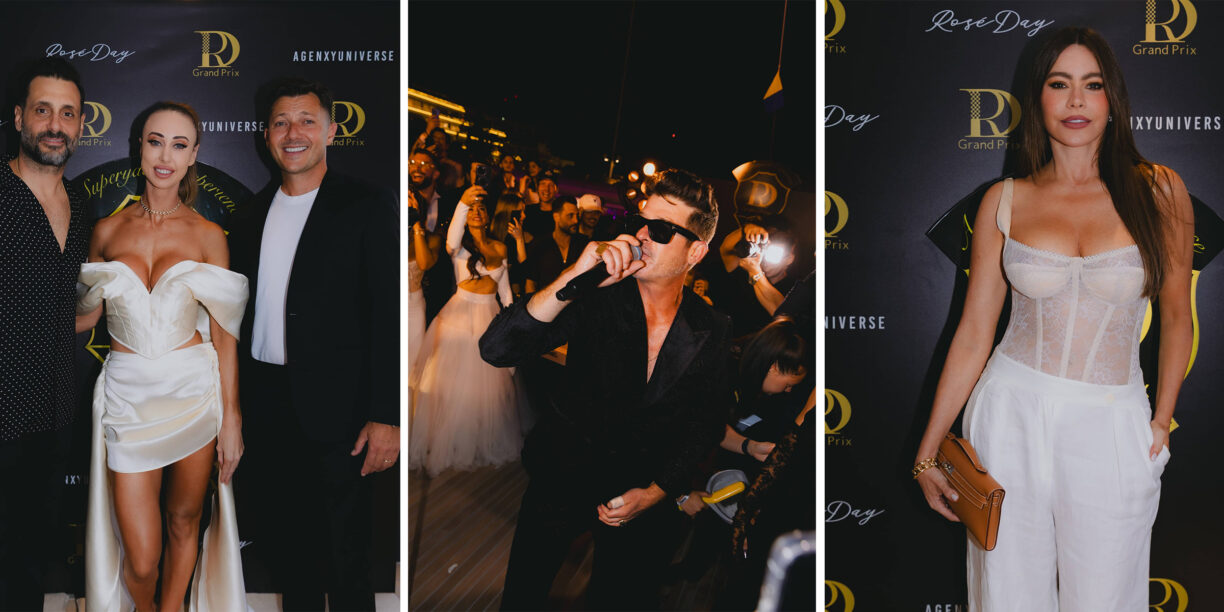Idris Elba was filming the 2013 biopic, Mandela: Long Walk to Freedom when he experienced something that would inspire his latest project nearly a decade later.
The Luther star, 49, gained plaudits for his portrayal of Nelson Mandela in the Justin Chadwick film, which also starred Naomie Harris, and shared a joint kinship with the late South African president, fondly known as Madiba, over boxing.
Elba, star of The Wire, films like Pacific Rim, The Suicide Squad and more, joined a boxing club as a youngster, an experience he describes as a “real turning point” in his life, which taught him “discipline and control”.
Now his latest project, Idris Elba’s Fight School, which airs on BBC Two, sees the famous star explore whether boxing can help a group of young people turn their lives around and better their future.

The inception for this venture was sparked during his time in South Africa, when he visited makeshift gyms where young kids were being trained to box, to help them stay off the streets.
“They were inspiring to me. These are kids that have not very much in the way of support, but the gym was a nervous system for them – a place where they became young men,” he reflects.
The upcoming series sees him join forces with former National Boxing Champion, Rachel Bower, and fitness coach, Greg White, and the group they take in live together in a house while gaining boxing training, nutrition advice, and access to a life coach and inspirational mentors.
The goal is for them to be able to get into the boxing ring to compete in an amateur fight, with just five months of training and guidance under their belts.
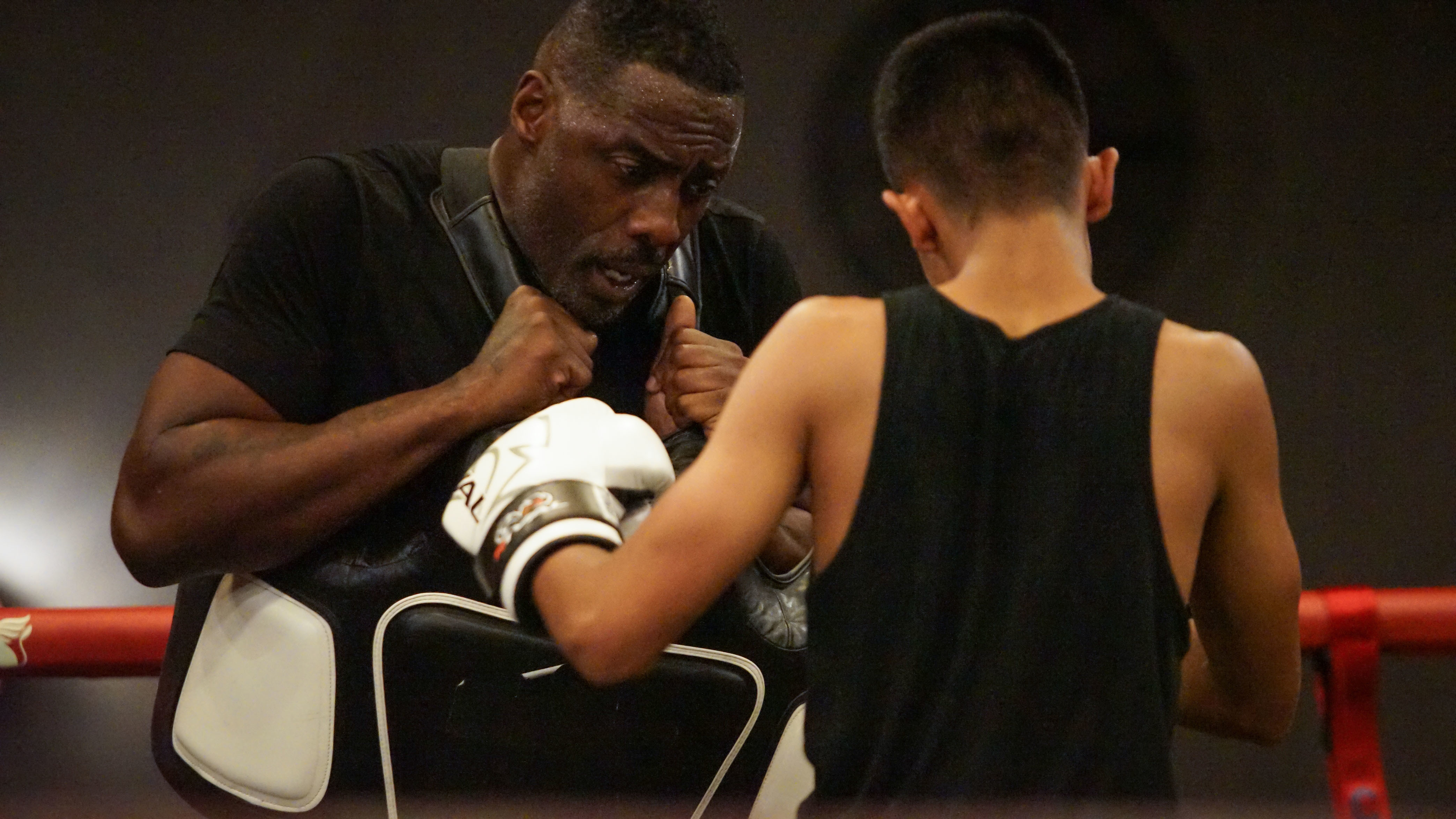
“I was just like, ‘Wow, I would love to experiment [with] that discipline’… I’ve got this real passion to fight knife crime,” he says, he says, talking about the new series. “I think it’s a really, really dangerous, bad thing that’s happening in our country and it’s avoidable.
“[It’s about] finding ways to shift that energy, that anger, that sense of loss, that sense of bewilderment. You come from a neighbourhood, there’s not much around there for you, so you carry a knife, you feel part of a gang.
“Well, with boxing, when you’re in the gym, you’re in a gang. You’re in a group with a bunch of people who are like-minded and you all put the work in, and when one person fights, you all fight, and that’s what that feeling is.
“I think it’s overlooked how exercise and training can help people readdress stuff.”
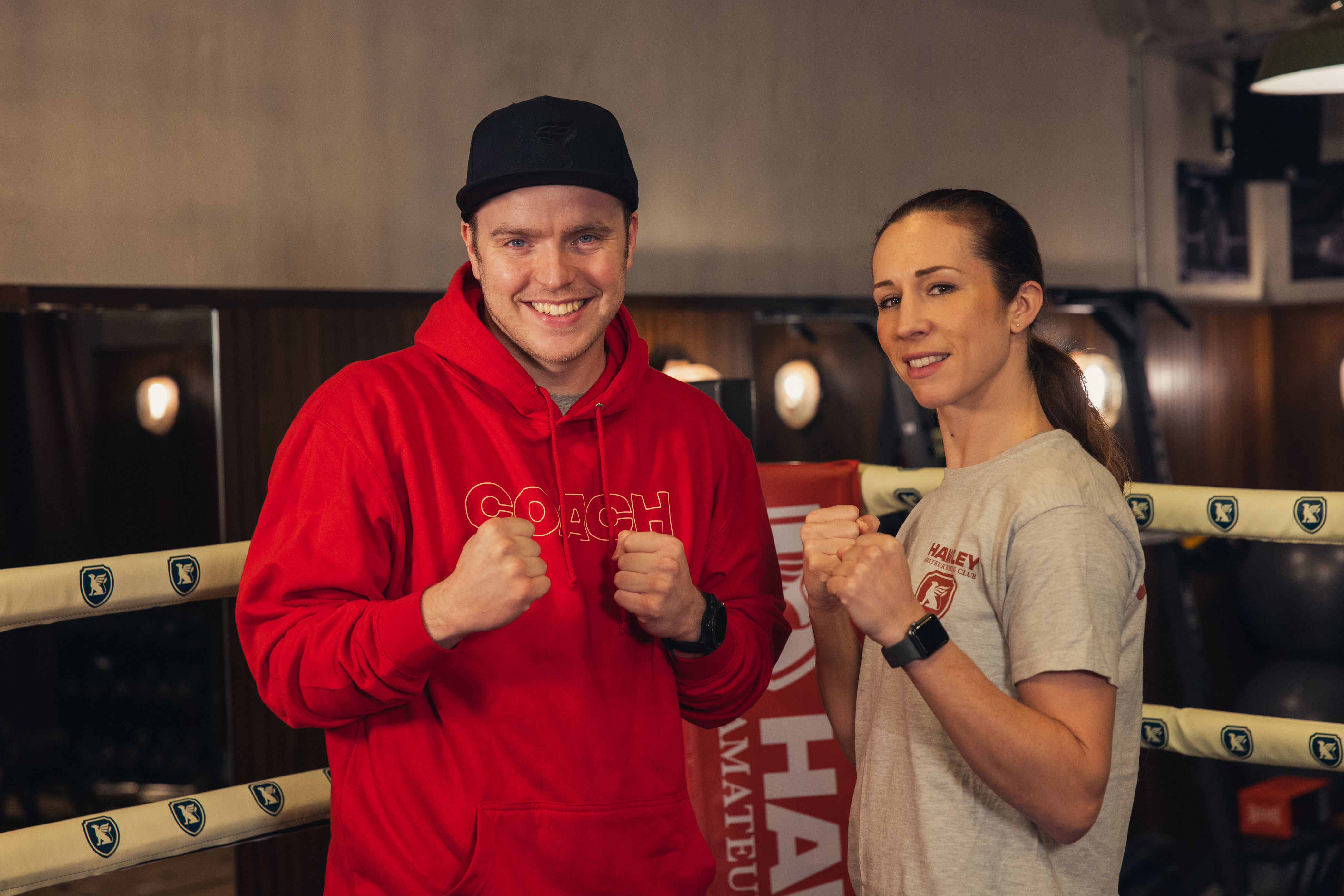
White, 35, who is the head coach at the Rathbone and Camden boxing club, explains how he got into the sport.
“I got in trouble with the police when I was younger. I lived on a council estate in South London and I just fed into what was happening in the community, causing problems for everyone. I needed to sort my life out and boxing did that for me. I walked into my local boxing gym and never looked back,” he says.
Bower, 39, is the head of amateur boxing at Rathbone and Hawley ABC and an England Talent Pathway Coach, while also being a Met police detective sergeant.
“I was the one arresting Greg,” she says.
“I’m a police officer. That’s my day job. I moved to London, had loads of time off through the week and fancied something to do. I thought I’d have a hobby, and I’ve always been really sporty. I got hooked very early on after my first fight.”
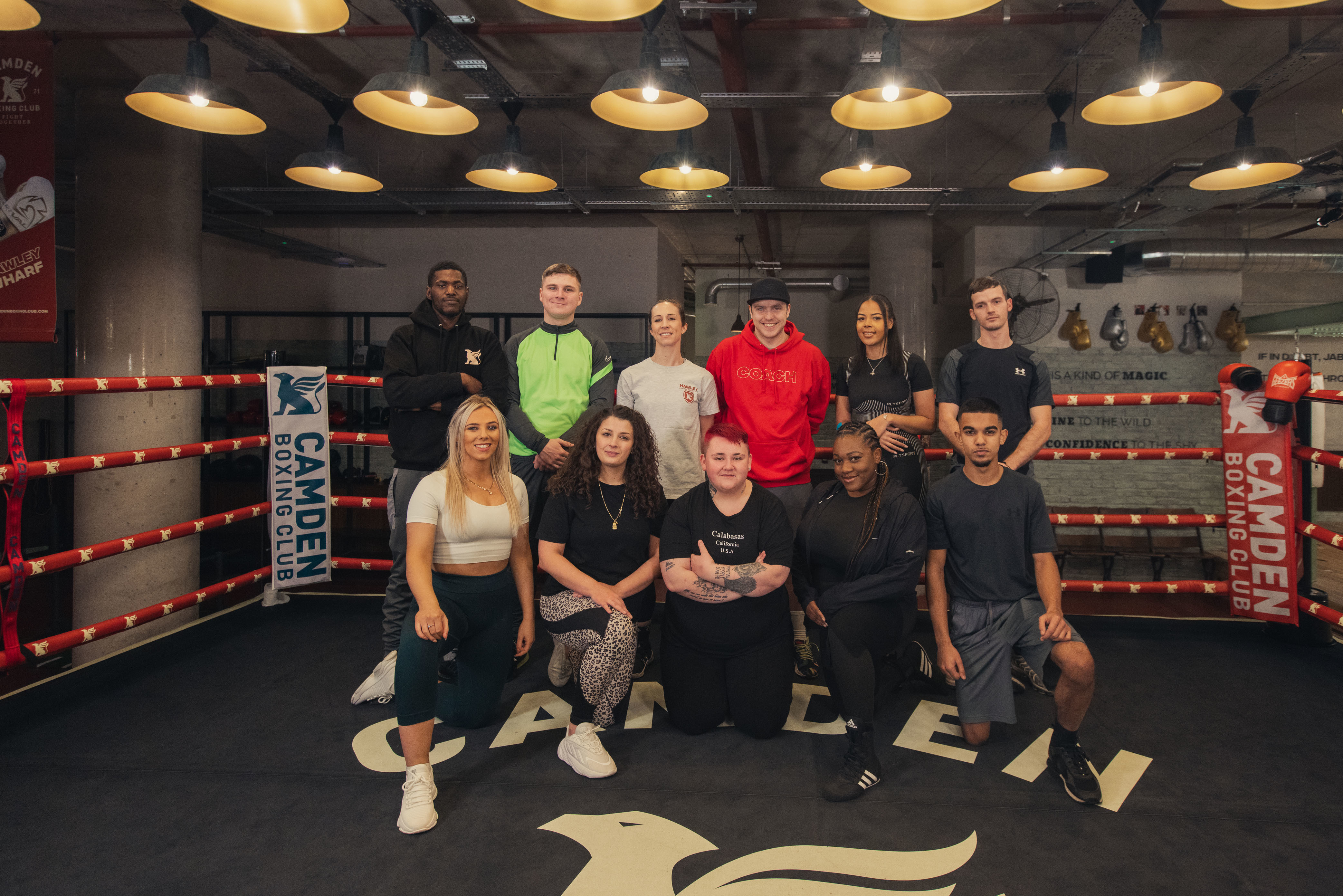
The chosen group featuring in the TV show is comprised of Chanika from London, Finlay from Scotland, Jess from South Wales, Ash from The Wirral in the North West, Kerryn from West London and Naeem from Manchester.
They are joined by Sophie from Solihull, Zeb from North West London and Katie from Northern Ireland, and talking about meeting the group for the first time, White says: “Me and Rachel both thought, we’ve got a tough job on our hands here.
“There was only a couple who liked boxing, as in watched the sport and knew what it was about. The rest signed up and had no clue what was going to go on.
“Trying to get them interested in the sport is one of the biggest challenges, and then getting them to understand and respect the sport.
“But if there was one success, that’s a success for me. Just managing one person to come through.”
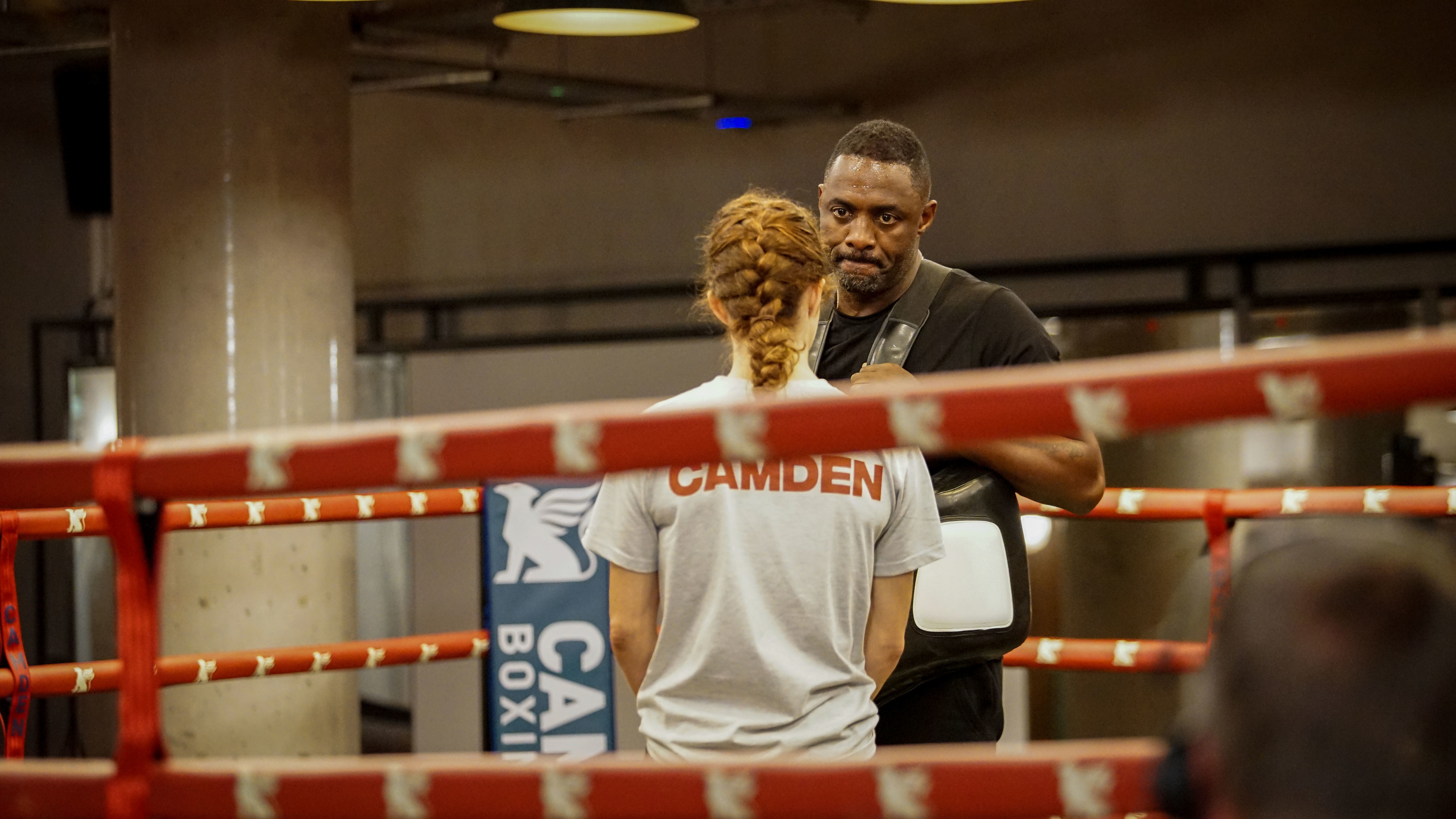
For Elba, taking the time to “correct old habits” and form new ones has been key.
“I’m just someone that realises there are some really practical, small, satisfying and gratifying ways of changing your life if you feel like you’re in a rut,” he says.
He hopes the series encourages everyone to take more notice of the young people in their environment and reach out to them.
“Young people all over the world, especially now, are going through stuff. We all live in some proximity to a teenager or young person, and we overlook them because it’s none of our business. It might be a neighbour, might be a friend’s son… reach out.
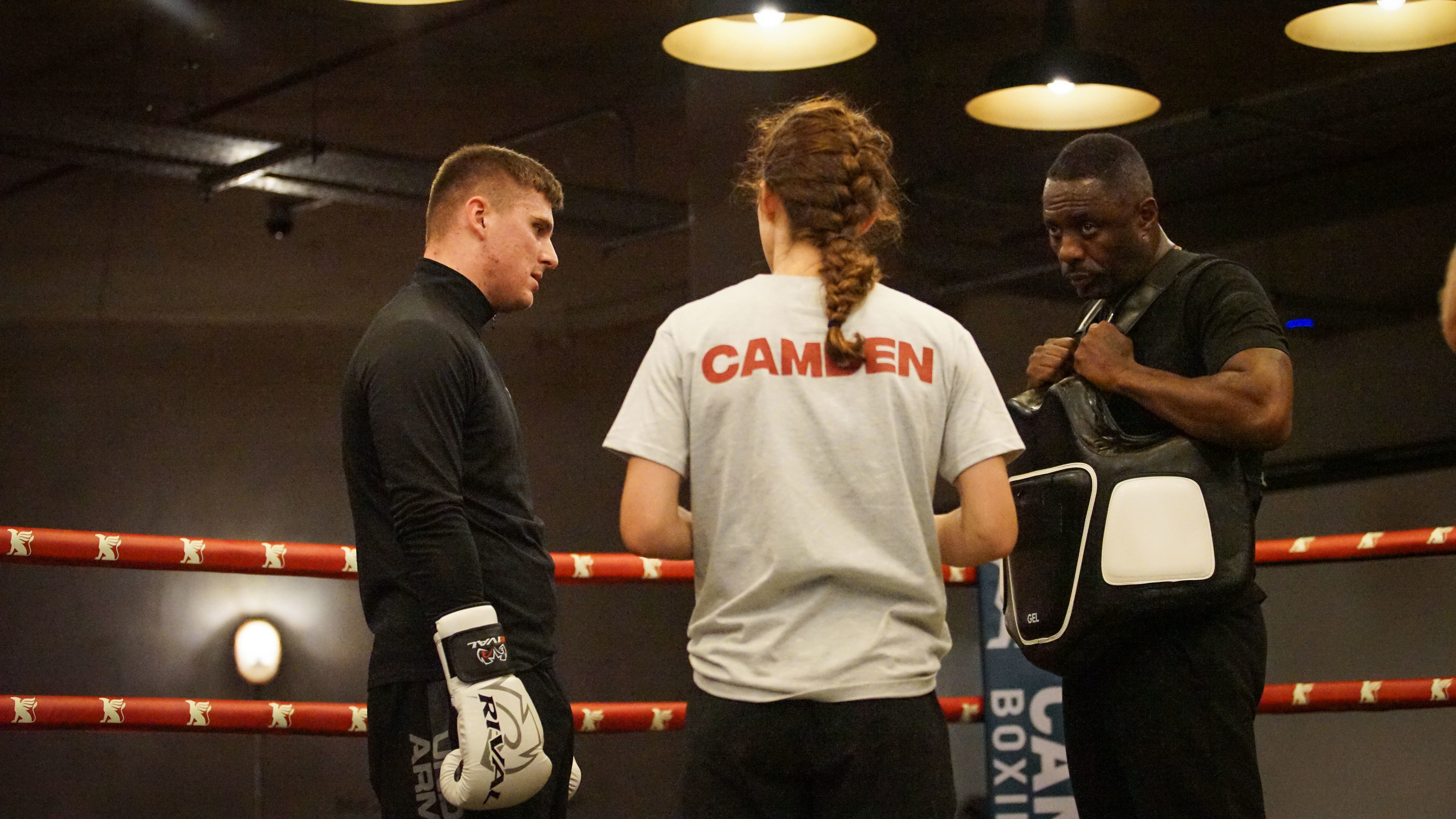
“That’s one of the big takeouts. See how they’re doing, offer them an experience… people go through stuff and [for] young people in this day and age, their therapist is their phone, and the phone gives no empathy back, right?
“It just stares back and offers emojis, where human connection really, really does help.
“It takes a village as they say – it’s one of my mom’s sayings. People watch the show and go, ‘Is it about boxing?’ Yeah, it is. But it’s [also] about people needing people.
“I hope people might pick up boxing, or realise they have a skill set they can share once a week, to help someone out.
“Fight school might end up being culinary school next season, I don’t know. But it’s about getting people out of their ruts and showing the viewers there are other options.”
Idris Elba’s Fight School airs on BBC Two and iPlayer on April 17 at 9pm

